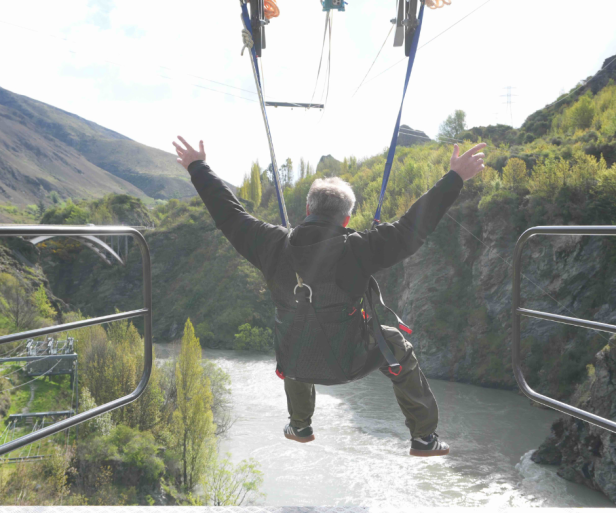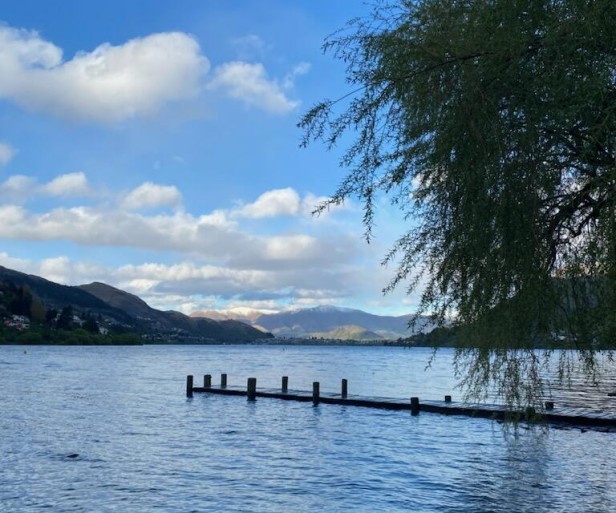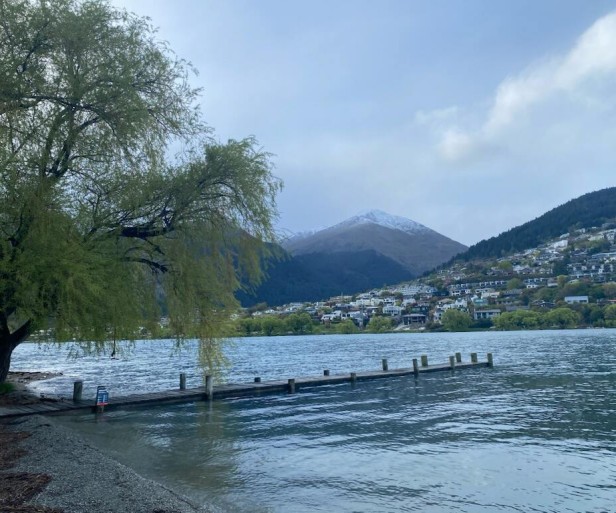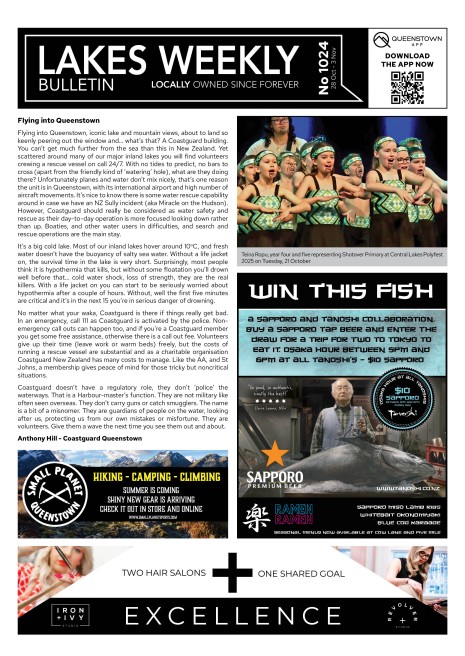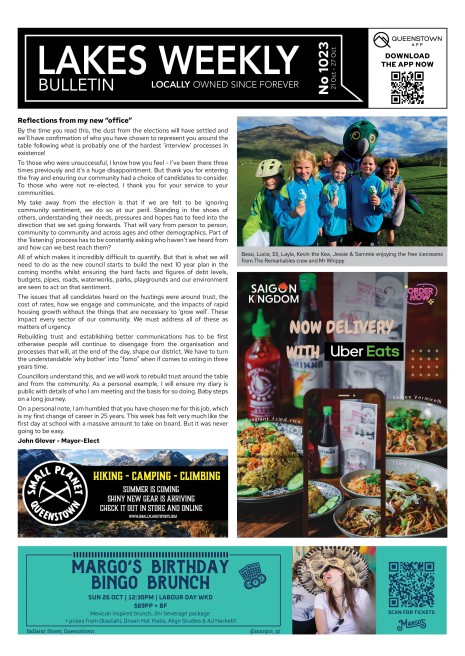Happy campers beat bylaw
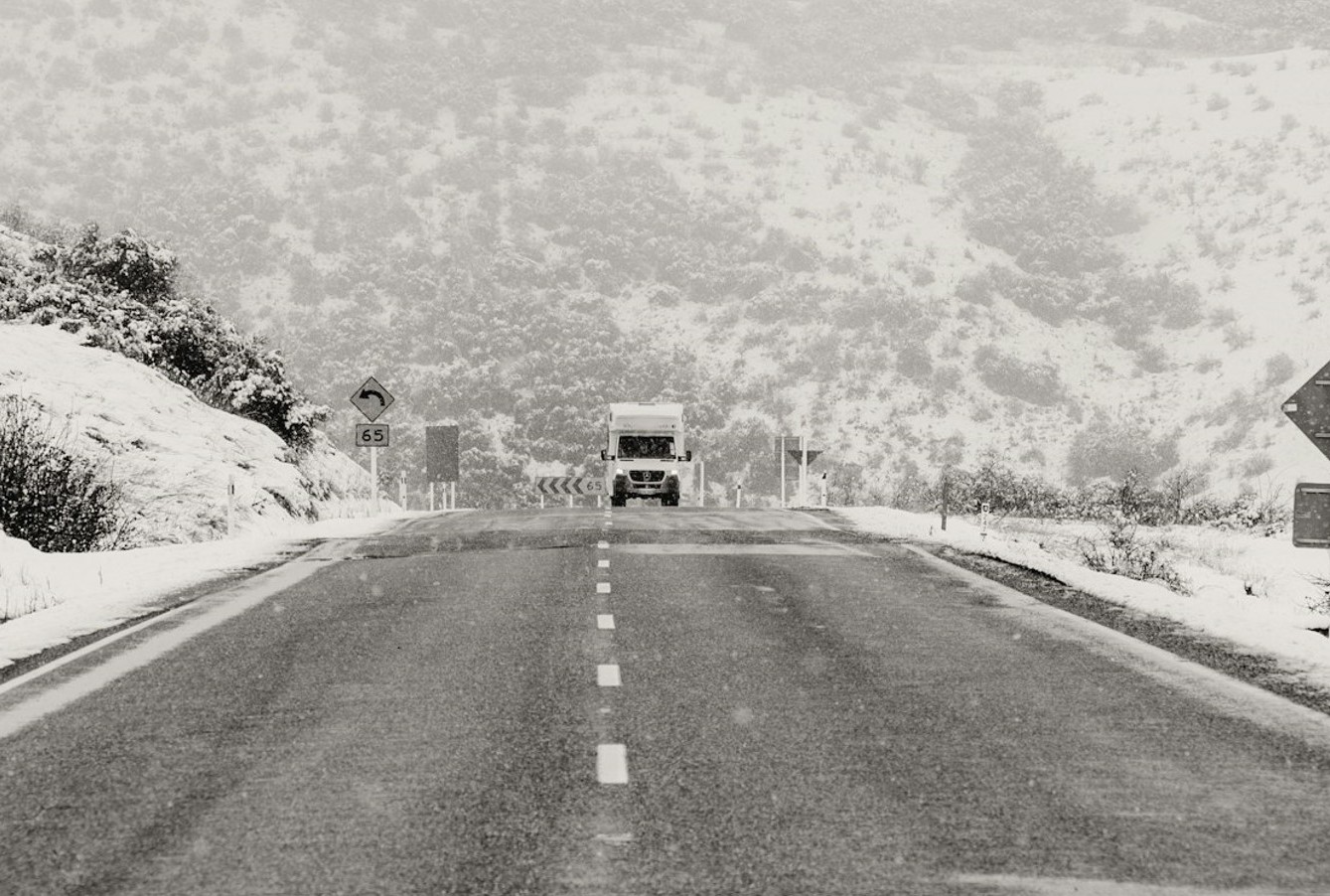
Will Queenstown Lakes District Council have to refund all the freedom campers it has fined since 2021?
That's one of the questions that remains unanswered after the High Court last week ruled QLDC's Freedom Camping bylaw is invalid. Another question is to what happens this summer - can the bylaw still be enforced?
The High Court ruling follows a legal challenge by the New Zealand Motor Caravan Association (NZMCA), who believe what is essentially a blanket ban on camping outside designated spots is unfair to its 116,000 members, who freedom camp in certified self-contained vehicles.
NZMCA has its victory but James Imlach, its national property & policy manager, tells Lakes Weekly Bulletin there's still no decision from the court as to what happens next.
"The High Court declared QLDC’s decision to adopt the 2021 bylaw invalid," he says. "However, the court has yet to determine what that means in terms of relief."
The court has asked both NZMCA and QLDC to file written submissions on what 'relief' should be granted, which is a legal sense means how they want the situation remedied. NZMCA has 20 days to file on relief, and legal costs, and QLDC has 10 days after that to respond.
Imlach says the association believes QLDC has "jumped the gun" with its press releases last week about the ruling, and says council boss Mike Theelen mispresented NZMCA’s concern with the 2021 bylaw, in an interview with RNZ.
"Nevertheless, the NZMCA is committed to following the court order ... and awaiting the court’s decision in terms of relief, before making any further statements on the outcome and next steps."
The effect of the 2021 Bylaw was to create just one restricted freedom camping area in the district, at Red Bridge, Luggate.
But the key flaw in QLDC's approach to adopting the bylaw was giving consideration to the impact freedom camping might have on property values, which was irrelevant under the law.
QLDC Chief Executive Mike Theelen, in last week's statement, says the decision was disappointing for council and its communities, who've suffered due to "overuse by a large number of freedom campers and very anti-social behaviour by some".
The 2021 bylaw sought to balance national legislation with the needs and expectations of campers, and local communities, Theelen says.
“We have consulted extensively with our community on this contentious topic and received strong feedback that the inconsiderate actions of so many freedom campers created a very negative experience for locals and other visitors alike," he says.
"While we acknowledge this was not true of all freedom campers, the impact of some on the community has been serious.”
The council is now taking some time to understand the judgement and determine next steps for managing camping over the summer, he says.
Meanwhile, work has begun on a new bylaw. Theelen says he expects NZMCA, which also challenged the 2019 bylaw, will continue to advocate for freedom camping and hold councils to a strict application of the freedom camping laws.
"This is the challenge ahead of council as it develops a new bylaw,” he says.


